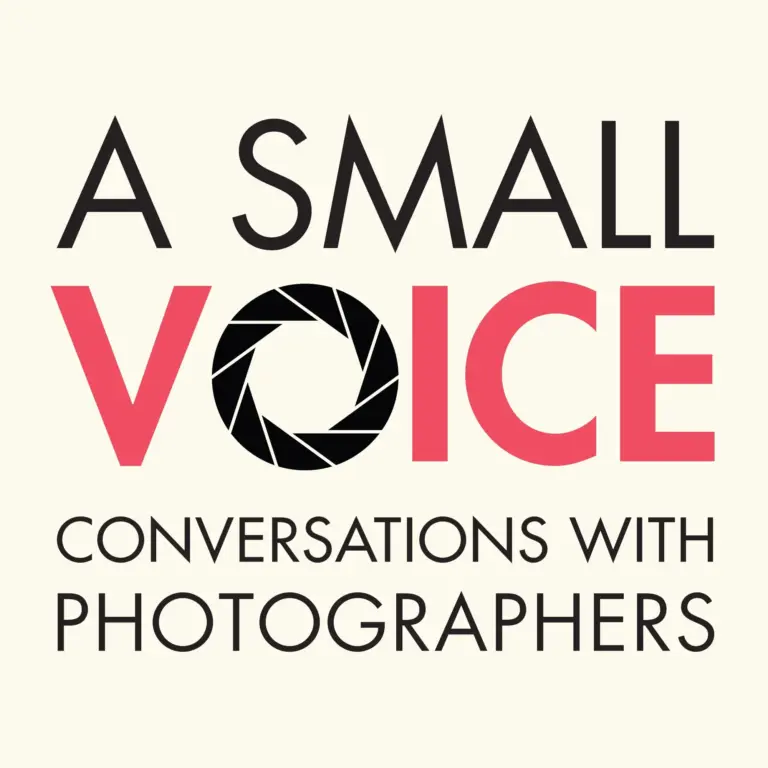
Ian Berry was born in 1934 in Lancashire, England. He made his reputation in South Africa, where he worked for the Daily Mail and later for Drum magazine. He was the only photographer to document the massacre at Sharpeville in 1960, and his photographs were used in the trial to prove the victims' innocence.
Henri Cartier-Bresson invited Ian to join Magnum in 1962, when he was based in Paris. He moved to London in 1964 to become the first contract photographer for the Observer Magazine. Since then assignments have taken him around the world: he has documented Russia's invasion of Czechoslovakia; conflicts in Israel, Ireland, Vietnam and the Congo; famine in Ethiopia; and apartheid in South Africa. The major body of work produced in South Africa is represented in two of his books: Black and Whites: L'Afrique du Sud and Living Apart (1996).
Important editorial assignments have included work for National Geographic, Fortune, Stern, Geo, national Sunday magazines, Esquire, Paris-Match and Life. Berry has also reported on the political and social transformations in China and the former USSR. Recent projects have involved tracing the route of the Silk Road through Turkey, Iran and southern Central Asia to northern China for Conde Nast Traveler, photographing Berlin for a Stern supplement, the Three Gorges Dam project in China for the Telegraph Magazine, Greenland for a book on climate control and child slavery in Africa.
Ian’s recent book, Water (GOST Books, 2022), brings together many classic images from Ian’s extensive archive with material shot over the course of 15 years travelling the globe to document the inextricable links between landscape, life and water. This new book brings together a selection of the resulting images which collectively tell the story of man’s complex relationship with water — at a time when climate change demonstrates just how precariously water and life are intertwined.
In episode 213, Ian discusses, among other things:
- How all the pics in Water came to be used as B&W
- How the project came about
- How he got into photography
- How he came to be the only photographer at the Sharpeville Massacre
- The importance of luck
- Getting into Magnum after a tea with HCB and a disasterous first meeting
- Changes in Magnum over the years - and photography in general
- The controversy over David Allan Harvey and the subsequent action by Magnum
- Everything being ‘too woke’
- Learining from other people and looking at contact sheets
Referenced:
- Stuart Smith
- Abbas
- Roger Madden
- Drum Magazine
- Tom Hopkinson
- The Sharpeville Massacre
- Michele Chevalier (Visa)
- Marc Riboud
- Reni Burri
- Henri Cartier Bresson
- Burt Glinn
- Peter Dench
- David Allan Harvey
- Steve McCurry
- Bruce Davidson
- Philip Jones Griffiths
- Gilles Peress
- Bruno Barbey
- Werner Bischof
“I brought along my contact sheets which Henri spent ages going through. And he said ‘great, good to have you’. And I went back upstairs afterwards and they said ‘fine, you’re in Magnum.’ And that was it…”
- Become a full tier 1 member here to access exclusive additional subscriber-only content and the full archive of previous episodes for £5 per month.
- For the tier 2 archive-only membership, to access the full library of past episodes for £3 per month, go here.
- Subscribe to my weekly newsletter here for everything A Small Voice related and much more besides.
- Follow me on Instagram here.
- Build Yourself a Squarespace Website video course here.